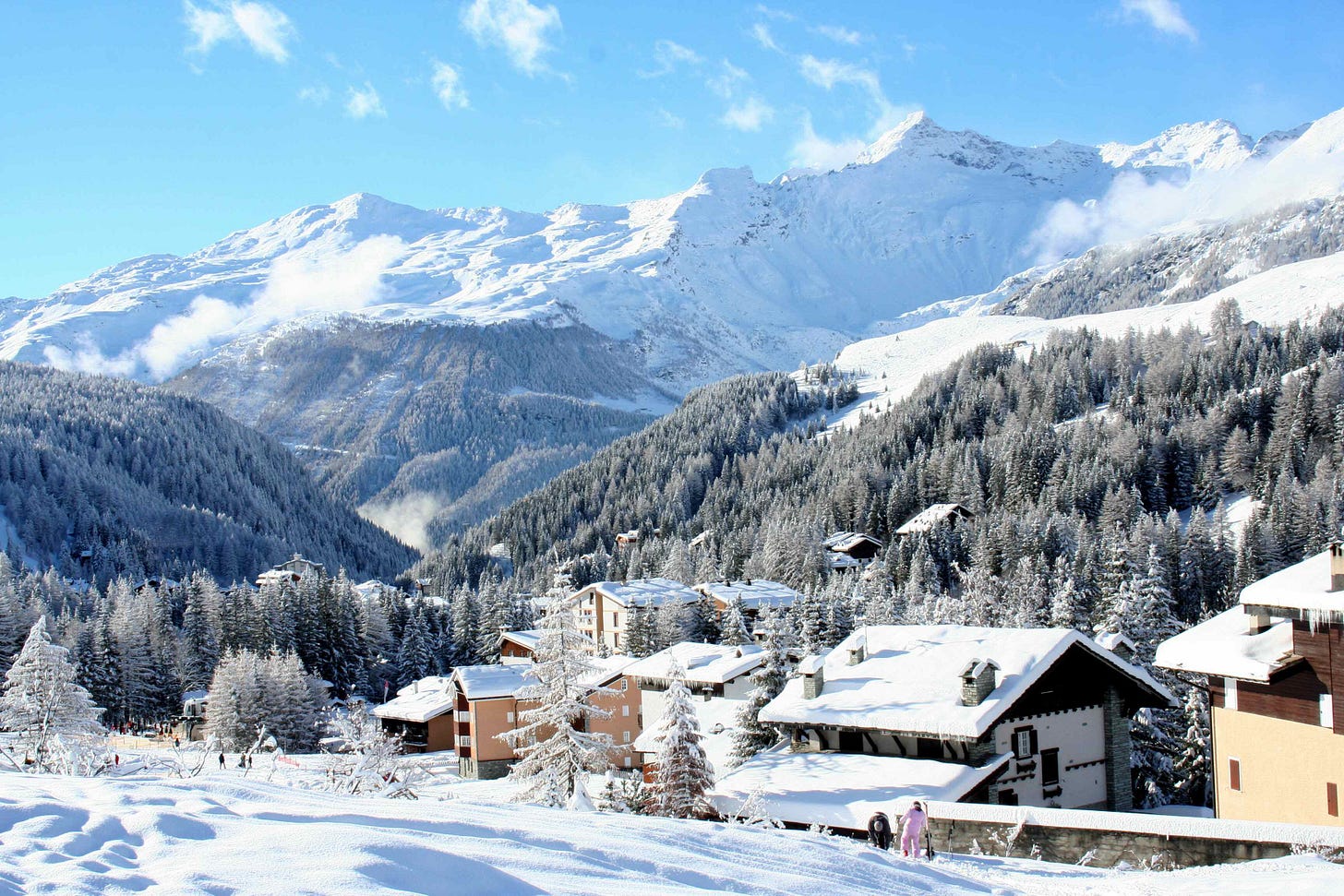Remote Work from the Alps: Luca Foppoli’s Story
Lavorare da remoto, anche da Madesimo: la storia di Luca Foppoli
Quando gli chiedi come sia iniziato tutto, Luca Foppoli sorride: “Per caso”.
La sua storia nel lavoro da remoto prende forma sei anni fa, quando firma un contratto corporate in un team italo-tedesco-americano guidato da un manager texano. La presenza in ufficio era richiesta più per inerzia culturale che per reale necessità. Poi il capo-del-capo tradizi…



